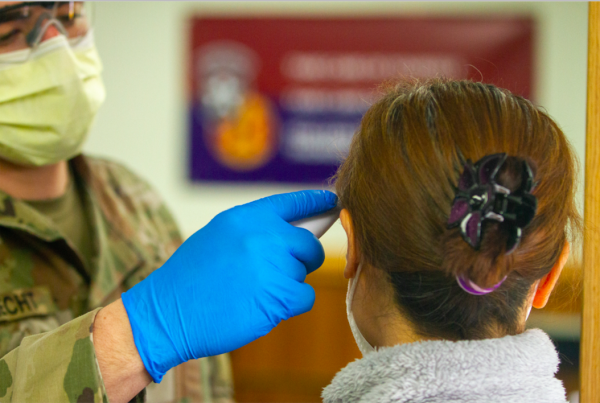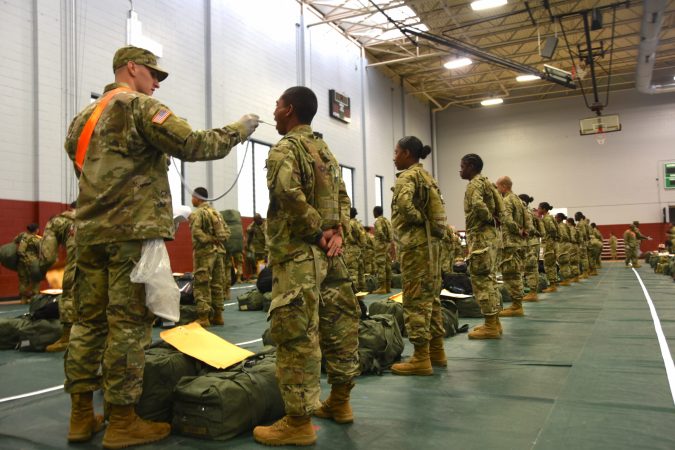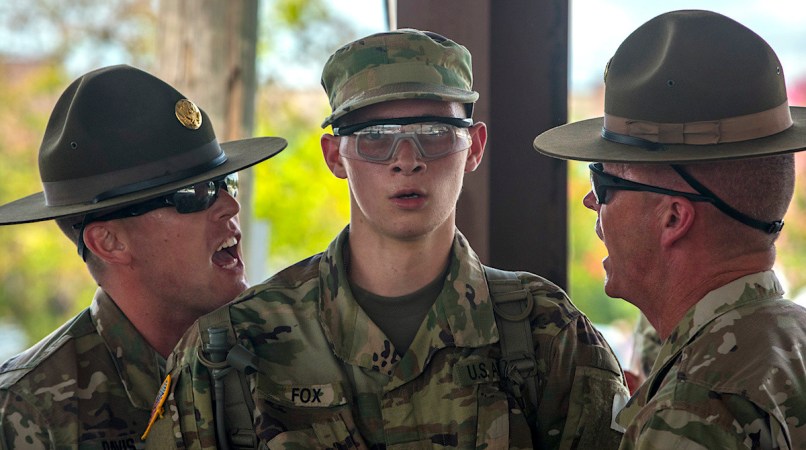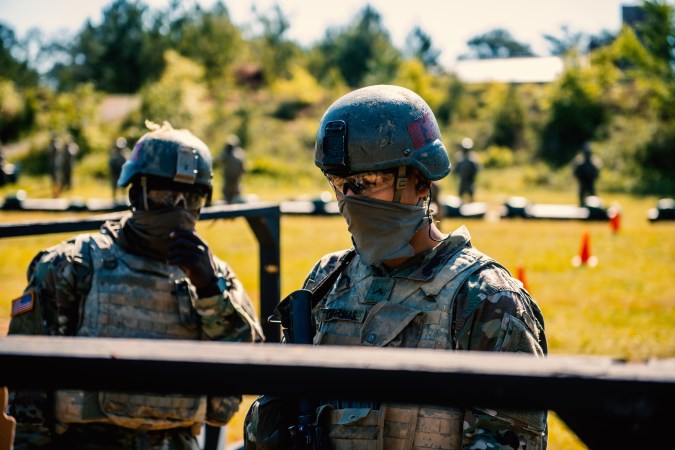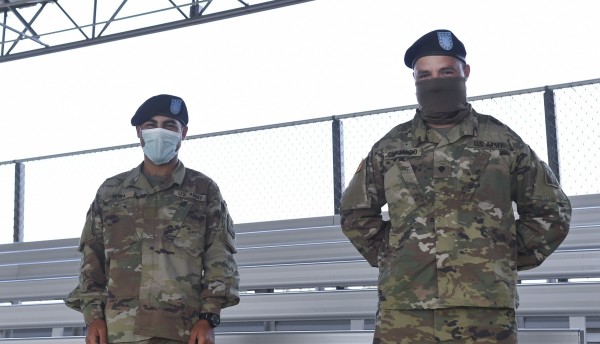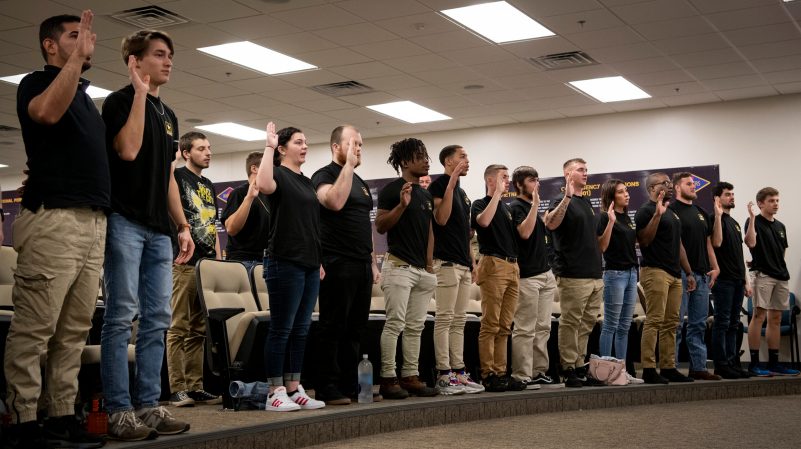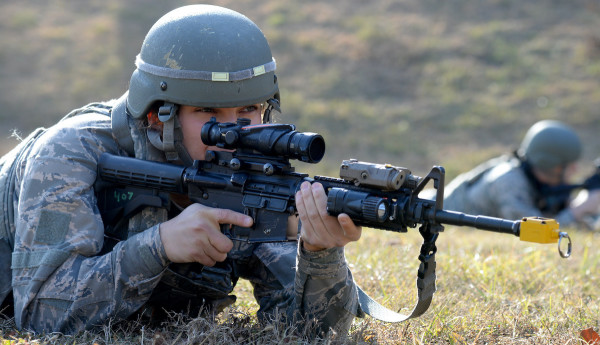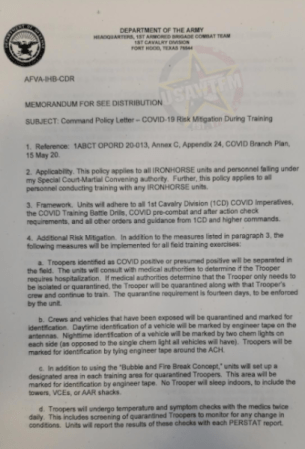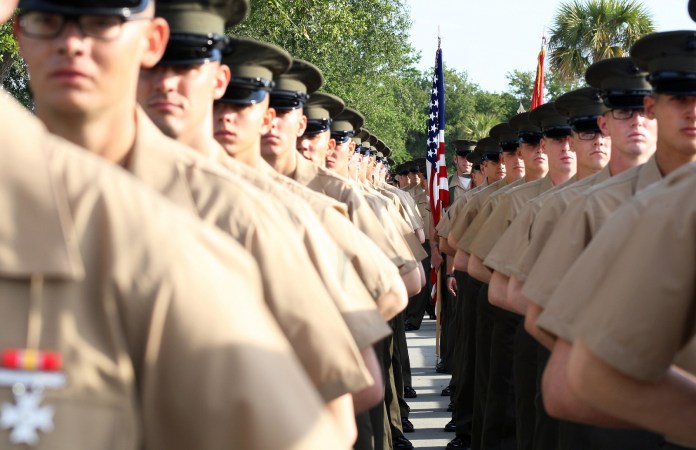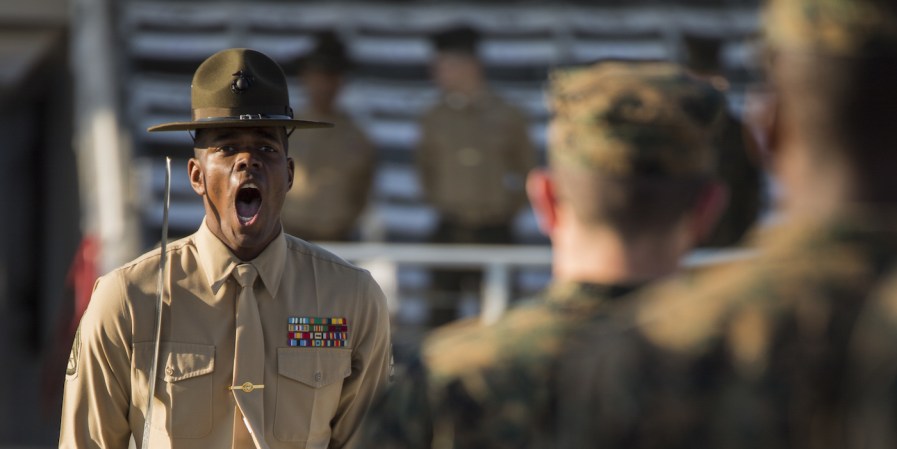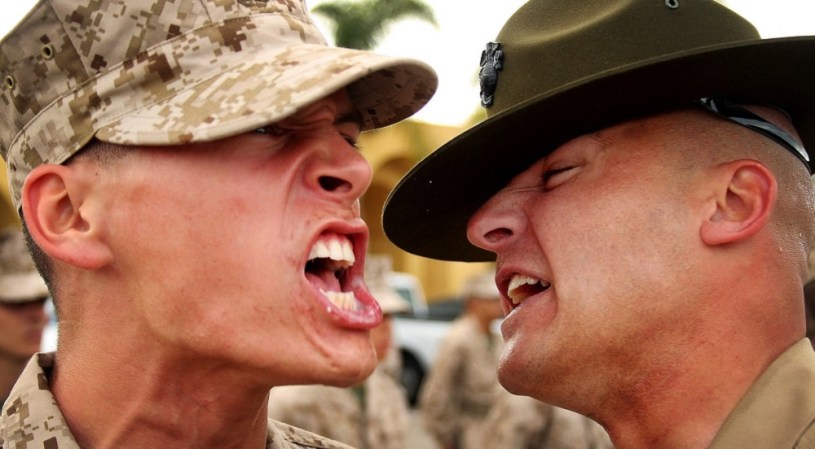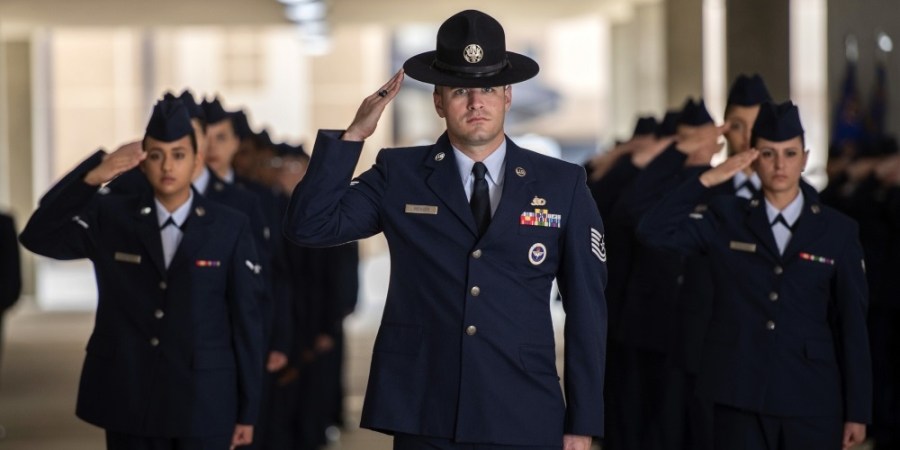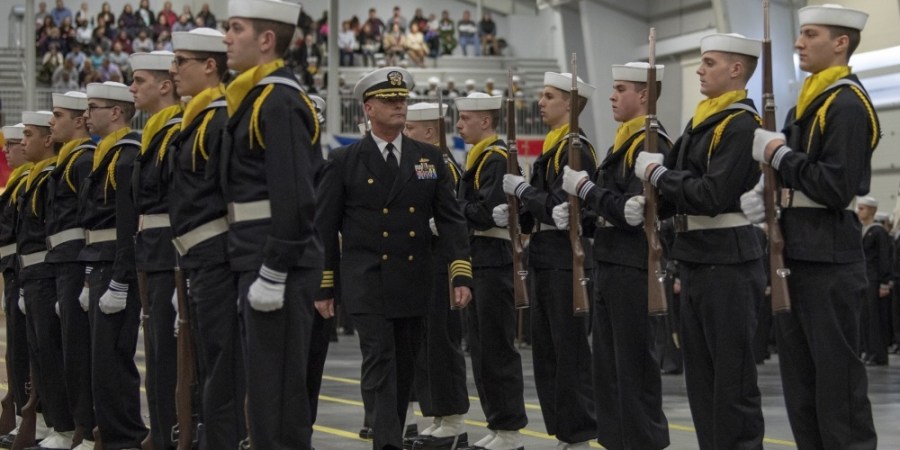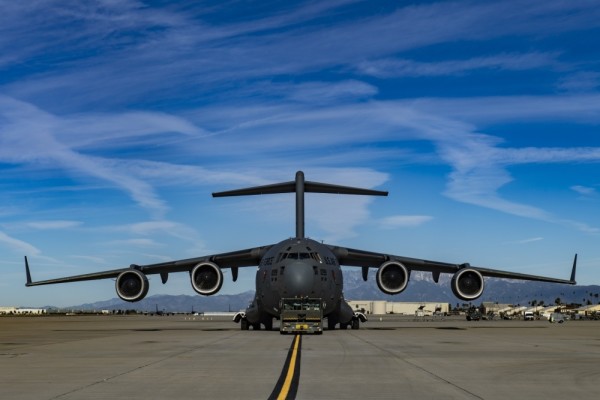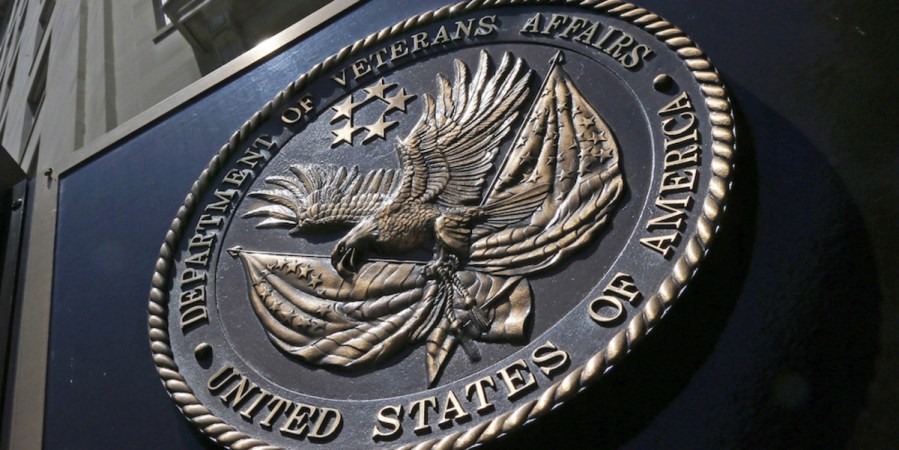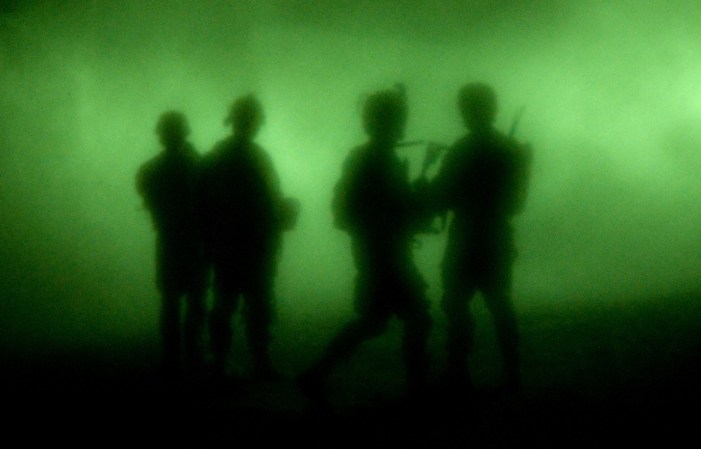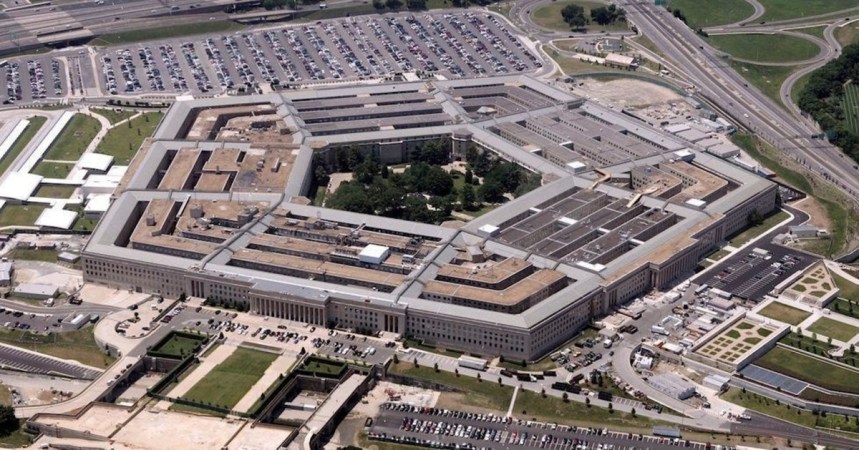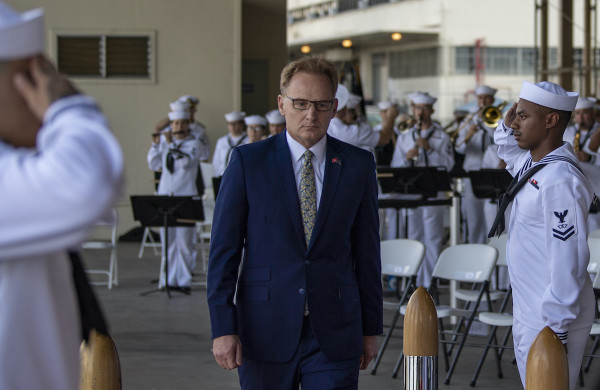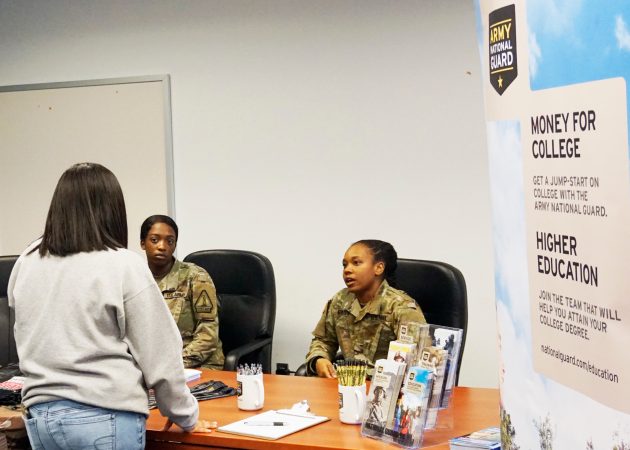With coronavirus beginning to spread across the United States, the Army wants to make sure the only thing you catch during basic training is a hefty dose of grief from your drill sergeant.
New recruits are now being screened for coronavirus symptoms while having their temperature taken, McClatchy reports.
Recruits are also being asked questions such as if they’ve been living with anyone who has traveled to China, South Korea, Iran, or other coronavirus hotspots in recent months
If a recruit’s temperature is 99.5 degrees or below and they haven’t come in contact with potential coronavirus cases, they’ll pass through without issue, Military Times reports.
But if a recruit’s temperature is too high or they, for instance, have been living with someone who recently traveled to a country of interest, “they will be separated at the reception battalion and taken to medical for further screening,” per Military Times.
Army Gen. Paul Funk, the head of Army Training and Doctrine Command, told reporters on Tuesday that the Army prepared for the new testing by “simulat[ing] the arrival of buses of new recruits, some with symptoms, some not, to train screeners on what to look for” on Monday, according to McClatchy.
Teams rehearsed the process at Fort Benning, Georgia, Fort Sill, Oklahoma, Fort Jackson, South Carolina, and Fort Leonard Wood, Missouri.
Funk said on Tuesday that those screening procedures are sure to evolve as we learn more about COVID-19, per Military Times.
Meanwhile, Army researchers are working diligently to develop ways to detect, prevent, and treat COVID-19 — including a new vaccine, which they’ve recently started testing on mice.

